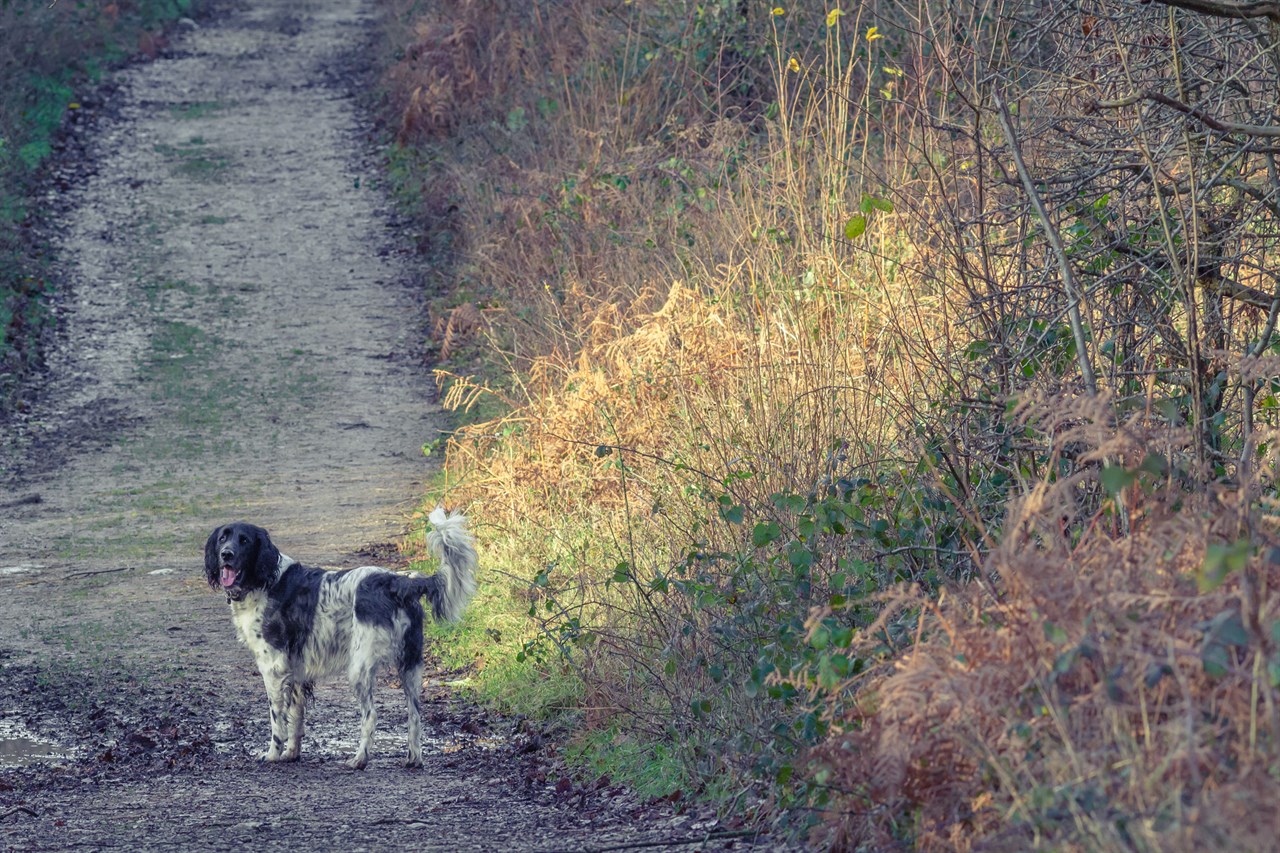Barking Habits of the Large Munsterlander: Communicative and Alert

Understanding a dog breed's barking habits is essential for potential owners, as it can impact their living situation and daily routines. The Large Munsterlander, known for its versatile hunting skills and friendly demeanour, also exhibits specific barking tendencies that can be managed and understood.
Alertness and Vigilance
Large Munsterlanders are naturally alert and vigilant dogs. They have keen senses, which means they may bark to alert their owners to the presence of strangers or unusual sounds. Their alertness makes them excellent watchdogs, as they will often bark when they sense something out of the ordinary.
Communicative Nature
Large Munsterlanders are communicative dogs. They may bark to convey their needs or desires, such as requesting attention, food, or playtime. They may also bark to communicate with other dogs, especially during play or social interactions.
Training and Socialisation
The barking habits of Large Munsterlanders can be managed and moderated through proper training and socialisation. Obedience training that includes commands like "quiet" or "enough" can help teach your Large Munsterlander when it's appropriate to stop barking. Socialising your dog with various people and situations from a young age can help reduce excessive barking due to fear or anxiety.
Prey Drive and Hunting Instincts
Due to their hunting background, Large Munsterlanders may exhibit barking when they are in pursuit of prey, such as birds or small animals. This is an instinctual behaviour and can be challenging to completely eliminate. Training can help manage their prey drive and reduce excessive barking when they are on the hunt.
Separation Anxiety
Like many breeds, Large Munsterlanders can develop separation anxiety. When left alone for extended periods, they may bark due to anxiety and loneliness. Crate training and gradually increasing the time they spend alone can help mitigate separation anxiety-related barking.
Environmental Stimuli
Large Munsterlanders may also bark in response to environmental stimuli such as sirens, other dogs barking, or loud noises. Their heightened senses may make them more sensitive to these stimuli.
Exercise and Mental Stimulation
Providing sufficient exercise and mental stimulation is important in managing barking habits. A tired dog is less likely to bark excessively out of boredom or pent-up energy.
Positive Reinforcement
When training your Large Munsterlander to reduce excessive barking, positive reinforcement is key. Reward them when they remain quiet in situations that would typically trigger barking. Avoid punishment-based training methods, as they can lead to fear and anxiety, potentially exacerbating barking issues.
In summary, the barking habits of the Large Munsterlander are a reflection of their alertness, communicative nature, and hunting instincts. While they can be vocal at times, these tendencies can be managed and moderated through proper training, socialisation, and providing a stimulating environment. Remember that each dog is an individual, and some may be more vocal than others, but with patience and consistency, you can ensure that your Large Munsterlander is a well-behaved and considerate member of your household.
Large Munsterlander puppies for sale
- Find Large Munsterlander puppies for sale in ACT
- Find Large Munsterlander puppies for sale in NSW
- Find Large Munsterlander puppies for sale in NT
- Find Large Munsterlander puppies for sale in QLD
- Find Large Munsterlander puppies for sale in SA
- Find Large Munsterlander puppies for sale in TAS
- Find Large Munsterlander puppies for sale in VIC
- Find Large Munsterlander puppies for sale in WA